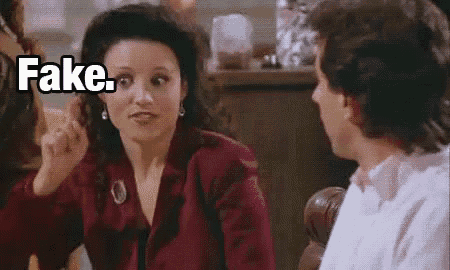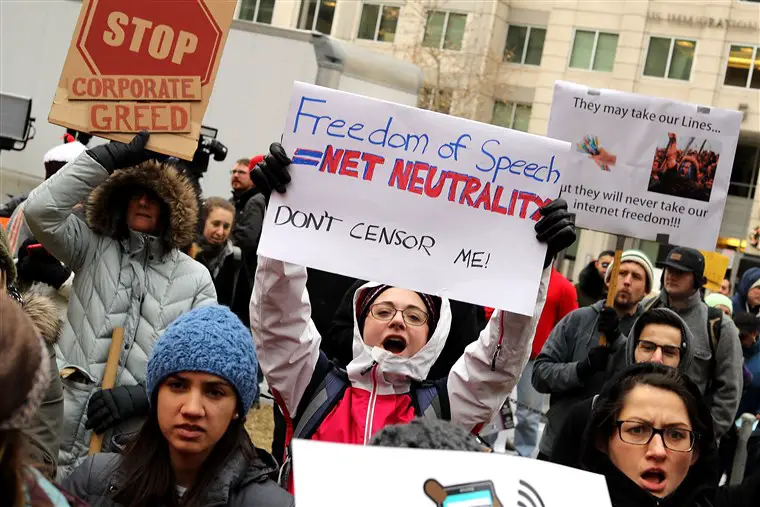
Is that Taylor Swift shilling for Le Creuset cookware? No. It’s an AI deepfake.
Taylor Swift likes to cook and Swifties know that she has a thing for Le Creuset cookware, documented in a Tumblr account, some gifts for a fan’s bridal shower, and shots of it in a Netflix special. Le Creuset included some of that on their Facebook page.
So when her face and voice showed up in Facebook and TikTok ads that endorsed Le Creuset, most people didn’t give it much thought. I mean, given her affinity for Le Creuset, it seemed like a natural fit.
Actually, those ads are deepfakes. They feature an AI version of both her face and voice mated together with various shots of her with the cookware taken from legitimate sources. What was suspicious, though, was that Fake Tay-Tay said she was “thrilled” to be giving away free cookware sets. All anyone had to do was click on a link and answer a few questions. The cookware could be yours for just $9.96 in shipping.

Fake fake fake. People were phished. Not only were they dupe out of their $9.96, but they also found themselves subjected to hidden monthly charges. And the cookware? Never showed up.
Fake Tay-Tay wasn’t the only AI bait. The campaign also used a fake Martha Stewart and a fake Oprah. (Oprah was also burned by a 2022 fake ad that had her endorsing weight loss gummies.)
How was this done? Probably with any number of text-to-speech programs available for free online.
This is a growing problem. Tom Hanks, Tom Waits, Gayle King, MrBeast, and others have all had their images, likenesses, and voices stolen to create these videos which bait people into clicking things they shouldn’t. There’s a nearly six-minute video of Taylor talking about government stimulus cheques.
Be careful out there. Deepfakes are everywhere. And they’ll pop up when you least expect it.





I’ve seen similar ads from other celebrity chefs such as Gordon Ramsay. The bottom line here is: if it sounds too good to be true, it’s a fake. (Le Creuset sets for under $10? Gimme a break!)